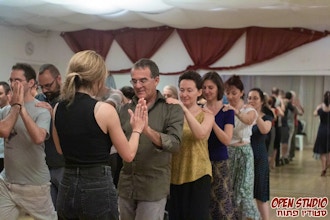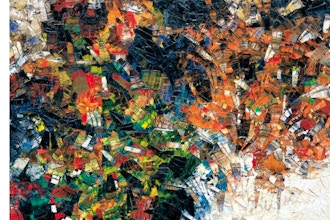The son of an orthodox priest, Emil Cioran reflected obsessively on the condition of humanity in a universe without God. Outstripping even Schopenhauer in his relentless pessimism, Cioran developed an aphoristic style, arguably to literary perfection, by which he delivered piercing insights into the “inconvenience of existence” (“which neither death nor even poetry succeeds in correcting”). Despair, doubt, melancholy, failure, skepticism, antinatalism: These are the themes of a thinker who, born on the cusp of World War I, regarded modern human history as a monumental failure. We are on our way to destruction, he claimed, “through self-objectification, impeccable production and reproduction, excess of self-analysis and transparency, and artificial triumph.” Scorned by formal philosophers, he scorned formal philosophy in turn: “explaining bores me terribly.” Aphorisms are “momentary truths,” always occasioned by “an encounter, an incident, a fit of temper.” But what is the meaning, what is the value, of a momentary truth? Is any truth permanent? How can we understand Cioran’s aphoristic style in relation to his thought? If existence is absurd, how can we express it?
The class will draw from Cioran’s entire corpus, from “On the Heights of Despair” to “Anathemas and Admirations”, dealing with both the aphoristic and short essay works. In it, we will explore Cioran’s characteristic themes, contextualizing them historically and philosophically, and ask ourselves, throughout: What does it mean to think with, and perhaps think productively, with a philosopher of unremitting despair? As we seek to understand Cioran’s thought and style, we’ll consider aspects of his peripatetic life: his fraught relationship to his native Romania, his youthful fascist enthusiasms, his self-exile in post-war Paris. What are we to make of such a characteristically 20th-century figure and thinker? How does Cioran relate to both certain philosophical forebears, including Pascal, Schopenhauer, and Nietzsche, and his Parisian existentialist contemporaries? And we will attend throughout to Cioran’s idiosyncratic style and its connection to his thought: Why the form of fragment and aphorism, and what does it manage to itself convey? What is the relationship between thought and feeling? What does it mean to do philosophy?
“On the Heights of Despair: an Introduction to E.M. Cioran” is being held in partnership with the Romanian Cultural Institute.


















